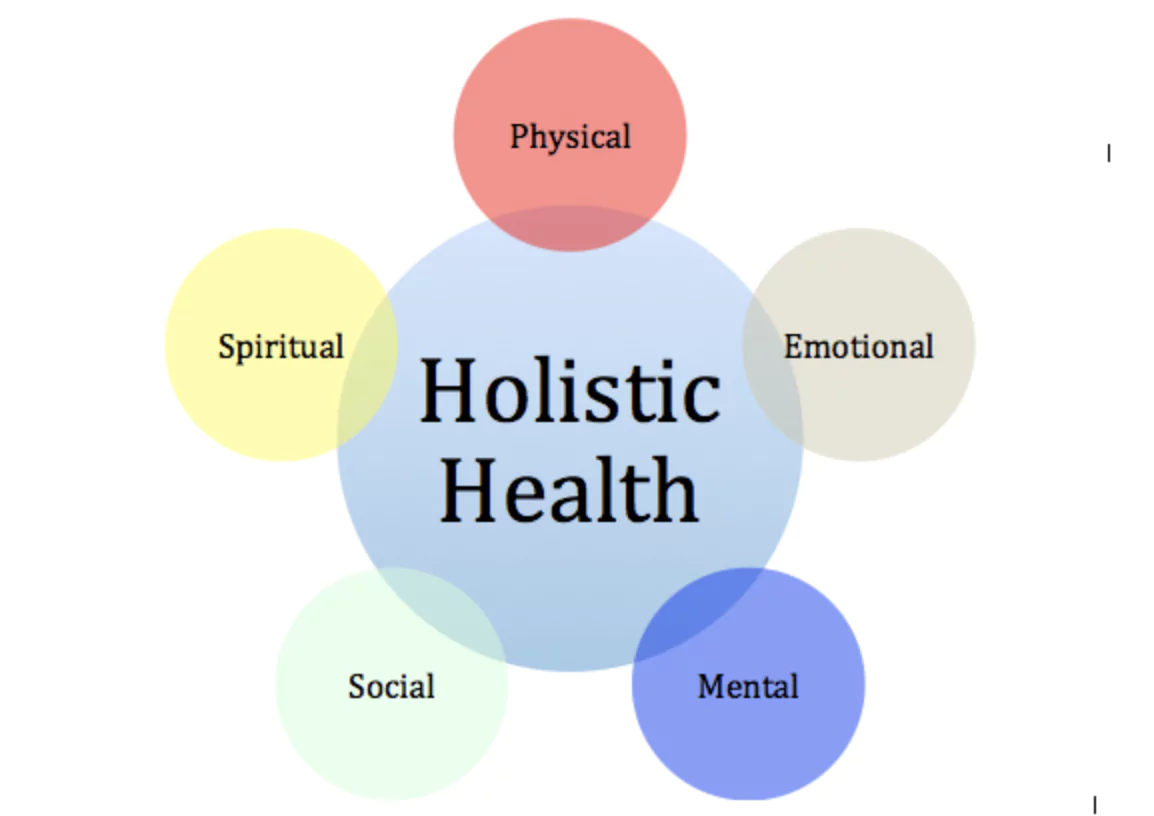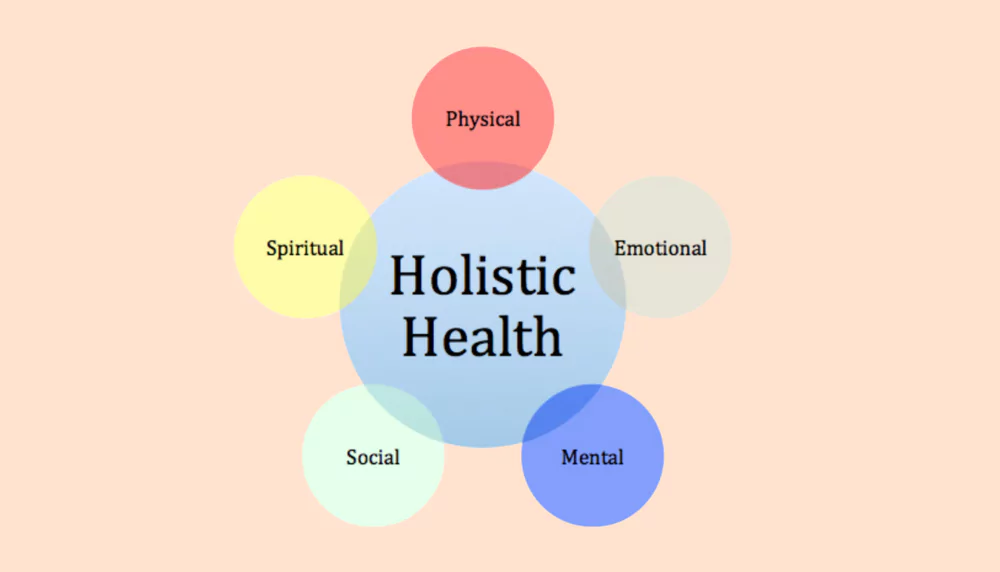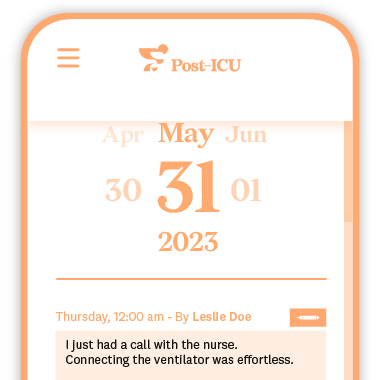Holistic care is a comprehensive approach that considers the whole person, integrating physical, emotional, social, and spiritual needs into patient care. This method contrasts with traditional, symptom-focused care, which often prioritizes immediate medical interventions and physical needs over the overall well-being of the patient. Holistic care puts the patient in center, advocating for individualized treatment plans that respect patients’ values and preferences. Research indicates that this approach can significantly improve patient satisfaction and outcomes in critical care settings.

ICU Environment and the Need for Holistic Care
ICU is characterized by a high-intensity and high-stress environment where healthcare professionals manage critically ill patients. The complexities of critical care arise from the need for rapid decision-making and advanced medical technologies, often dealing with patients who have multiple comorbidities. This setting can lead to fragmented care if holistic principles are not integrated into practice.
This is why ICU presents unique challenges that necessitate a holistic approach. Balancing a stressful, fast-paced environment with compassionate care, and treating complex cases with various health issues, all require physicians to meet emotional and psychological needs of patients.
Key Components of Holistic Care in the ICU
Physical Care
Holistic care in the ICU begins with traditional medical interventions aimed at stabilizing patients’ conditions. However, it extends beyond symptom management and physical health to include effective pain management and comfort measures that enhance the overall patient experience.
Emotional Support
Addressing anxiety and stress is crucial in the ICU setting. Effective communication with patients and families can alleviate fears and foster trust. Research shows that clear communication reduces misunderstandings and enhances emotional well-being among family members during a patient’s stay in the ICU.
Psychological Care
Managing delirium and cognitive impairments is another critical aspect of holistic care. Providing psychological support helps address mental health issues that may arise during critical illness, ensuring that patients receive comprehensive care throughout their recovery process.
Social Considerations
Incorporating family involvement in the care process is a part of the holistic approach. Recognizing cultural sensitivities and respecting diverse backgrounds allows for more effective support systems for both patients and families.
Spiritual Care
Addressing existential concerns is important in critical care settings. Many patients grapple with questions about life and death during their hospital stays. Accommodating religious practices and beliefs can provide comfort and support during these challenging times.
Benefits of Holistic Care in the ICU
Implementing holistic care leads to numerous benefits:
- Improved Patient Outcomes: Studies indicate that holistic approaches can lead to better recovery rates and fewer complications.
- Enhanced Family Satisfaction: Families report greater satisfaction when they feel involved in their loved ones’ care.
- Patient-Centered Care: Personalized care plans cater to individual needs, promoting overall well-being.
- Reduced Length of Stay: Effective holistic interventions may shorten hospital stays by addressing issues proactively and engaging the family.
Implementing Holistic Care in the ICU
Implementing holistic care effectively requires an interdisciplinary team of healthcare professionals collaborating to provide comprehensive, individualized care and address all patient needs. Communication and trust between patients, families and medical professionals are cornerstones of this collaboration. To successfully integrate all aspects of care into traditional medicine, training the staff is crucial, as well as adapting hospital and ICU processes to be able to enable the staff to care for patients holistically.
Challenges and Barriers to Holistic Care in the ICU
Despite its benefits, several challenges impede the implementation of holistic care:
- Time Constraints and Workload: Balancing holistic practices with high demands in critical care can be challenging for staff.
- Resource Limitations: Staffing shortages and funding constraints often limit the ability to provide comprehensive holistic services.
- Psychosocial Dynamics for Healthcare Providers: Managing stress and burnout among staff can hinder their ability to deliver compassionate care.
- Resistance to Change: Overcoming traditional mindsets focused solely on physical health requires cultural shifts within medical settings
Post-ICU Digital Diary: A Tool for Holistic Care
Communication, family engagement, and attention to the psychological well-being of both patients and their families form the foundation of holistic care in the ICU. A digital ICU diary is a valuable tool that facilitates this approach, offering a space for families and patients to share their thoughts and concerns. It not only supports emotional healing but also strengthens the bond between caregivers and families, helping healthcare professionals implement a more comprehensive, patient-centered care model.





